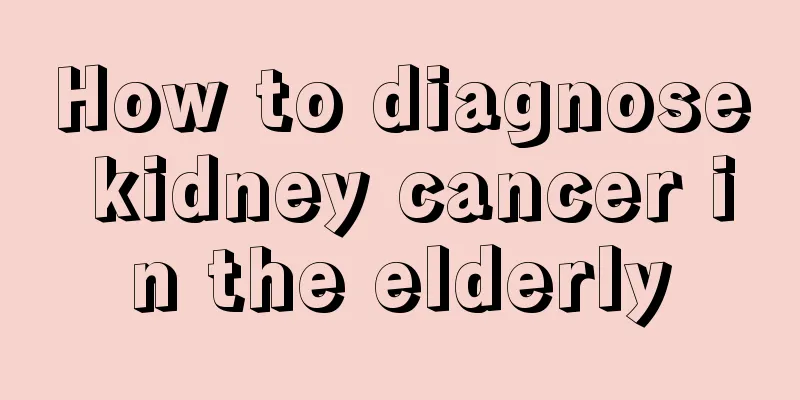What to do if you feel nauseous and can't eat due to late stage prostate cancer

|
Nausea and loss of appetite in the late stage of prostate cancer are mostly related to the cancer itself or side effects of treatment. They can be alleviated through a variety of methods such as symptomatic medication, dietary adjustment and psychological support. You should consult an oncologist or nutritionist as soon as possible to obtain professional guidance. Nausea and loss of appetite in late-stage prostate cancer may be caused by inflammatory factors secreted by cancer cells, gastrointestinal irritation caused by chemotherapy, or psychological stress related to treatment. It can be controlled by drugs, such as the use of antiemetics (such as ondansetron), gastric mucosal protectants (such as rabeprazole), or drugs that promote digestion (such as domperidone) under the guidance of a doctor. If there is cancer consumption, parenteral or tube feeding nutritional support can also be used to improve physical tolerance. In terms of diet, you can choose easily digestible soft foods, such as white porridge, steamed eggs, and fish soup, avoid greasy, spicy and irritating foods, and eat small meals frequently to ensure nutritional intake. Appropriate supplementation of probiotics may help improve gastrointestinal function. Psychological stress and anxiety may also aggravate nausea. You can seek psychological counseling to help with emotional relief or receive mild anti-anxiety medication. Nausea and loss of appetite in late-stage prostate cancer may be caused by inflammatory factors secreted by cancer cells, gastrointestinal irritation caused by chemotherapy, or psychological stress related to treatment. It can be controlled by drugs, such as the use of antiemetics (such as ondansetron), gastric mucosal protectants (such as rabeprazole), or drugs that promote digestion (such as domperidone) under the guidance of a doctor. If there is cancer consumption, parenteral or tube feeding nutritional support can also be used to improve physical tolerance. In terms of diet, you can choose easily digestible soft foods, such as white porridge, steamed eggs, and fish soup, avoid greasy, spicy and irritating foods, and eat small meals frequently to ensure nutritional intake. Appropriate supplementation of probiotics may help improve gastrointestinal function. Psychological stress and anxiety may also aggravate nausea. You can seek psychological counseling to help with emotional relief or receive mild anti-anxiety medication. The patient's family can help create a comfortable dining environment for the patient, encourage eating but not force it too much, and seek help from a nutritionist to customize a diet plan or adjust the treatment plan when necessary. If the symptoms are severe and cannot be relieved for a long time, you should seek medical help in time to relieve pain and improve the quality of life through a comprehensive treatment plan. |
<<: What causes gastrointestinal cancer
>>: Are there any symptoms of ovarian tumors that can cause pain in the right lower abdomen?
Recommend
What organ is the bladder
The bladder of an adult is located in the front o...
The corner of my eye is itchy, red and swollen with a small pimple
People nowadays live at a fast pace and overuse t...
Is it okay to do picosecond
Nowadays, picosecond has appeared in the entire m...
What does it feel like to fall in love at first sight
Some people believe in love at first sight, while...
Does having less hair in whorls really mean you are bald?
Many people think that having less hair in the wh...
Do you know what are the symptoms of ascites?
Although ascites is a common disease in life, man...
Common diet therapy for patients with colorectal cancer
Colorectal cancer includes colon cancer and recta...
Adverse reactions to Haemophilus influenzae type b vaccine
Haemophilus influenzae type b is the most common ...
What's wrong with diarrhea and anal bleeding
Diarrhea can lead to many consequences, the most ...
Is the egfr gene test expensive?
For people with cancer, especially lung cancer, d...
How to check and accurately judge internal hemorrhoids
Internal hemorrhoids is a disease in traditional ...
The first signal of cervical cancer
The first sign of cervical cancer is usually cont...
What are the symptoms of lung cancer? 5 symptoms of lung cancer are more obvious
In our daily life, we can see men smoking everywh...
Eating hot food for a long time
When people are eating, "eat it while it'...
Principles of drug treatment for endometrial cancer
The treatment principles for endometrial cancer s...









